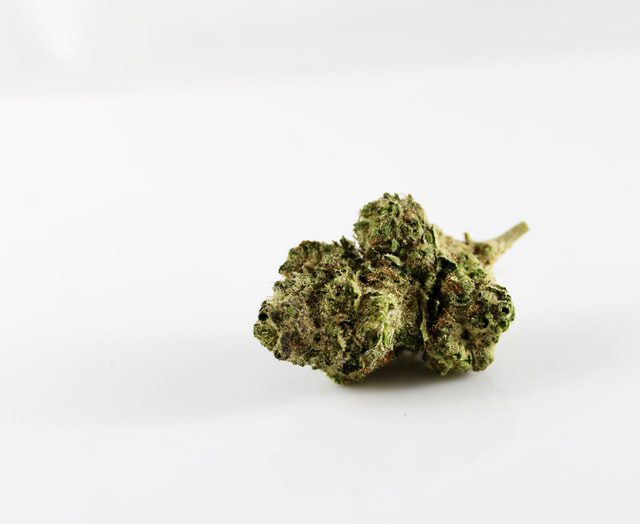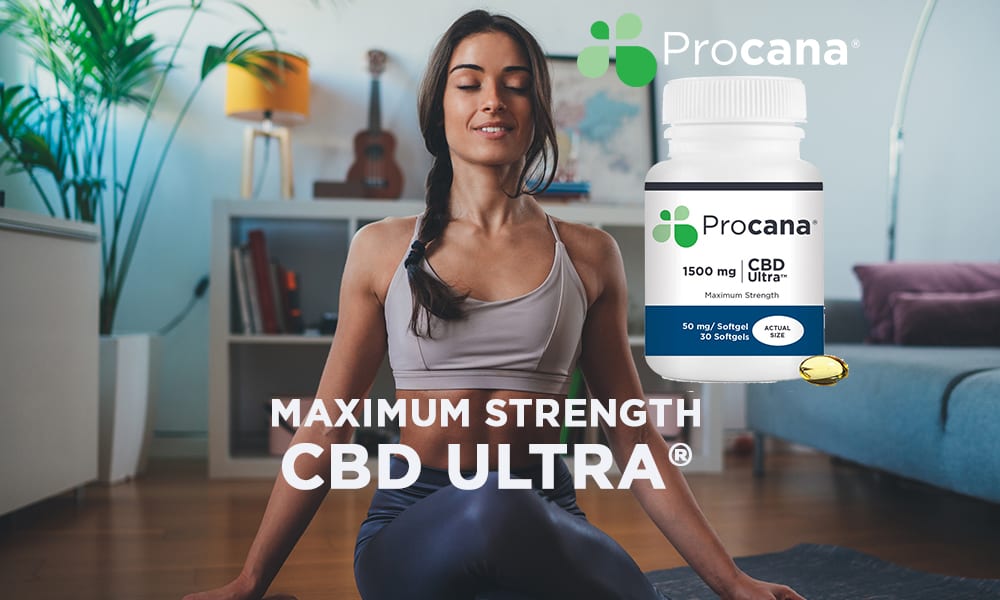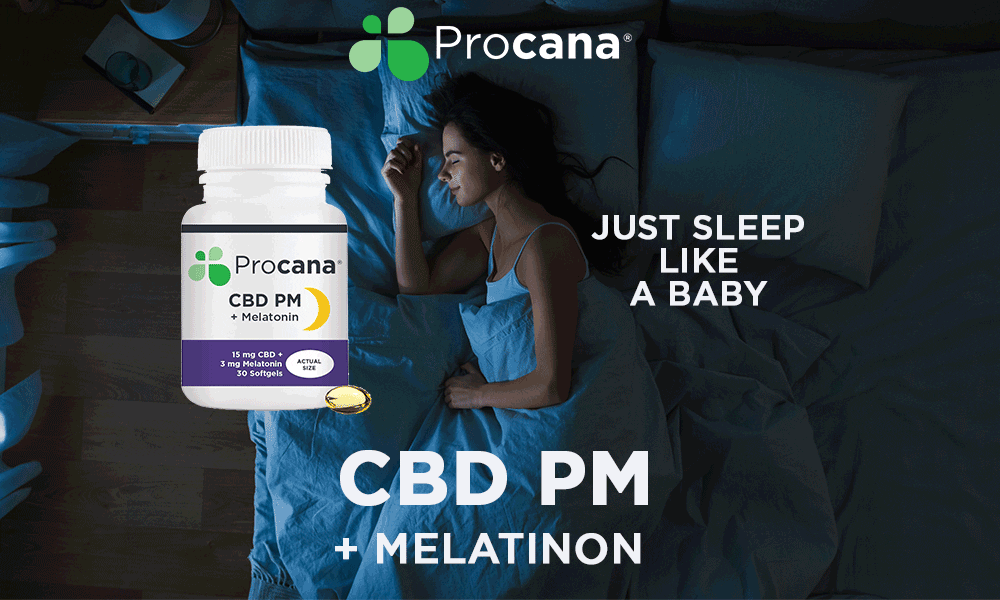As many as 113 cannabinoids in total have been scientifically identified so far in the cannabis plant. While a natural hemp plant constitutes more than 120 different cannabinoid types; CBD, CBG, and THC remain the most discussed ones amongst hemp smokers.
Tetrahydrocannabinol (THC) is the most prominent constituent of the cannabis plant. Notorious for its ability to make the smokers or consumers high, this strain of hemp plant is widely used for medical, therapeutic, and recreational purposes.
Curious about what is delta 9 THC, its health & recreational benefits, and legality issues? We have amassed all the authentic information you should have regarding this “infamous” strain of cannabis. Stay intact to the article as we explain the basics of THC alongside its uses, consumption, and relevant details:
What Is Delta 9 THC?
The Delta-9-THC, also known as Δ-9-THC, Tetrahydrocannabinol, or simply THC is one of the various cannabinoids in the cannabis plant. The Cannabigerolic acid (CBGA) exists as a parent ingredient in the plant and is the primary constituent of THC as well as CBD (cannabidiol) and CBG (cannabigerol).
THC is widely deemed as a “high” plant that causes euphoria and sedation in the smoker. That’s what makes it a primary psychoactive ingredient as THC attaches to the CB1 (cannabinoid) receptors of the body’s nervous system. Its binding capacity is way strong and more effective as compared to CBD.
No matter the amount you consume, it remains detectable in your body for weeks or even months. A sample from your hair can test positive for THC for as long as 90 days after its intake.
Delta 9 THC – How CBD Fairs Against THC?
The cannabidiol (CBD) molecule exhibits a number of similarities with THC. Both have a similar chemical composition and are procreated by a similar parent ingredient. Likewise, both possess a lot of therapeutic effects.
However, THC being a direct stimulant of endocannabinoid receptors has a lot more recreational uses. It releases the dopamine neurotransmitter causing the feeling of “high” and immense euphoria.
Conversely, CBD regulates the endocannabinoids rather than binding directly with the receptors providing an overall soothing effect rather than the feeling of instant elation.
The Concentration Of THC In CBD Extracts
CBD is finding massive approval among hemp consumers that has resulted in a wide range of products containing CBD, or simply CBD extracts. These products, may or may not, possess some amount (although minimal) of THC. But such a low concentration of delta-9 traces nullifies its side effects and enhances the therapeutic benefits of CBD, improving the product’s overall efficacy.
Delta 9 THC – How Is It Consumed?
People do tend to adopt different ways when it comes to THC consumption. Here are the common ways to smoke or consume the delta-9 cannabinoid:
- Inhalation (smoking or vaping) of THC is the most prominent and effective way of its consumption. It is the easiest and most adopted way for recreational purposes; so much so that you may witness results minutes after smoking THC directly.
- The consumers do intake the delta-9 THC via capsules, pills, and tinctures for more lasting effects.
- Just as the latest nicotine pouches feature strips to put beneath your tongue, THC is also available in such strips. Furthermore, the specific types of topical lotions, balms, oils, and ointments also contain THC extracts. But the purpose of such application is therapeutic (pain relief or soothing massage) and has nothing to do with recreation.
Delta 9 THC – Uses, Benefits, and Complications of THC
The delta-9 cannabinoid has a lot of medical benefits ranging from pain-relieving & treating inflammation to reducing stress & anxiety. Although scientific research to authenticate its proper medical benefits are conducted in recent years, THC (basically Marijuana) has a history of usage as a viable therapeutic option.
Uses & Benefits
Dronabinol, an FDA-approved medication with the traces of delta-9 as an active ingredient, further validates the medicinal efficacy of THC. The drug necessarily helps in treating loss of appetite, nausea, vomiting, and stomach complications related to HIV, AIDS, or cancer treatment (chemotherapy).
Aside From The Approved Medication, Studies Have Shown Promising Results for The Use Of Thc In Treating:
- Pain and Inflammation
Stimulating directly with the receptors, cannabinoid compounds (mainly CBD, THC, and CBG) enable the nervous system to hinder the pain inhibitor, relieving pain to a great extent. THC, in particular, is more likely to help with the pain relevant to neuropathy.
Chronic inflammation leads to several other health complications and remains a big health-risk factor. A recent study indicates the potential benefit of THC in reducing inflation as it suppresses the inflammation-related genes causing it to ease down.
- Glaucoma
The delta-9 THC combats glaucoma and halts the resultant vision loss, concluded research. The study also hails CBG to be an equally potent option to treat the complications of glaucoma.’
- Post-Traumatic Stress Disorder
Studies launched in recent years have concluded that the THC compound of cannabis potentially treats a variety of chronic PTSD symptoms. It reduces anxiety, provides a soothing effect to treat insomnia, blocks the genes inducing flashbacks & nightmares, and helps with agitation & mood swings.
- Muscle Spasticity
- Seizures
- Inflammatory Bowel Disease
Potential Complications
The delta-9 THC certainly creates a sense of relaxation and alleviates stress in terms of recreation. Yet, it is proven to have a lot of side effects and serious complications; particularly for teenagers and young adults.
During the teenage, the brain remains in the developing phase and is prone to neurotoxic effects of THC; which, subsequently, may turn disastrous for the individual as they grow up. Likewise, around 30% of marijuana (essentially THC) consumers are likely to have an addiction, concludes the data of NIDA.
As for teenagers and adolescents, they’re vulnerable to developing serious conditions relevant to mental health such as psychosis, learning impairment, maladaptive daydreaming, and eventual disconnection with reality.
Delta 9 THC – Legality Issues
Although the production of the hemp plant (cannabis plant containing less than 0.3% concentration of THC) is termed legal in all 50 states of the United States. However, the legality of the THC compound itself varies with the state. Most of the states have legalized the medical use of THC under the set parameters and some have even termed it legal for recreation. Yet, you’re ought to look for your state laws before using a product with THC traces, so as to steer clear of any legal penalties.




